Policy: Sign On for Human Rights in Myanmar
Weekly US and World Public Policy Report
by Edwina Rogers
Myanmar Passes Four Protection Of Race And Religion Statutes – SPI Coalition Takes Note
 Since May, the Republic of the Union of Myanmar signed into law four ÔÇ£Protection of the Race and ReligionÔÇØ statutes. These laws place restrictions on marriage, religious conversion, and reproductive freedom of the people within MyanmarÔÇÖs borders. As an emerging democratic nation, these laws are injurious to secularism and democratic norms, and fuel an ongoing humanitarian crisis afflicting 1.4 million people of the Rohingya ethnic group. The Secular Policy Institute, and it’s signed coalition members, ┬ácalled on the government of Myanmar through a letter this week to President Sein and the Houses of Nationality and Representation to review the Monogamy, Interfaith Marriage, Religious Conversion, and Population Control laws and to support the cause of human rights.
Since May, the Republic of the Union of Myanmar signed into law four ÔÇ£Protection of the Race and ReligionÔÇØ statutes. These laws place restrictions on marriage, religious conversion, and reproductive freedom of the people within MyanmarÔÇÖs borders. As an emerging democratic nation, these laws are injurious to secularism and democratic norms, and fuel an ongoing humanitarian crisis afflicting 1.4 million people of the Rohingya ethnic group. The Secular Policy Institute, and it’s signed coalition members, ┬ácalled on the government of Myanmar through a letter this week to President Sein and the Houses of Nationality and Representation to review the Monogamy, Interfaith Marriage, Religious Conversion, and Population Control laws and to support the cause of human rights.
The laws of ÔÇ£Protecting Race and ReligionÔÇØ include the ÔÇ£Monogamy LawÔÇØ criminalizing ┬ácohabitation with an unmarried partner that is not a recognized spouse (signed in law 31 August, 2015); the ÔÇ£Religious Conversion LawÔÇØ requiring that those wishing to change their religion seek the approval of a board for religious conversion requiring a 90-180 day approval process resulting in a ÔÇ£certificate of religious conversionÔÇØ (August 26, 2015), with penalties for ÔÇ£forced religious conversion;ÔÇØ the ÔÇ£Interfaith Marriage LawÔÇØ regulating marriage between Buddhist women to non-Buddhist men, where women under the age of 20 must obtain parental consent and those applying for marriage licenses must publicize their applications with a 14-day window┬áfor objections that are met with litigation (August 26, 2015); and the ÔÇ£Population Control LawÔÇØ that was passed in May. This final law imposes restrictions on the number of children that married couples (from ÔÇ£certain regionsÔÇØ) may have. ┬áWe have also asked for a meeting with the Myanmar Ambassador in Washington. ┬áFind the letter by following this link.
Where the Grass Is Greener: Biblical Stewardship vs. Climate Alarmism 
On October 21 in DC, lawmakers and their staff were invited to a screening of this one-hour documentary that harnesses the expertise of over 30 world-class scholars on climate science; developmental, environmental, and energy economics; and theology, ethics, and public policy to address global warming and climate policy from a Biblical Worldview perspective to protect the worldÔÇÖs poor from harmful climate and energy policies. ┬áSPI offers private briefings to Congressional members from the secular perspective.
Keeping An Eye On The Supreme Court
The Supreme Court could decide in the next few weeks to take up one or more of the religious non-profit challenges to the accommodation in the Accountable Care Act on birth control coverage requirement. Stay tuned to SPI regarding case selection.
Proposed Bill In Tennessee On World Religion Education In Schools
SPI is working on a response to the┬áproposed law by Tennessee state representative Sheila ButtÔÇÖs against religious 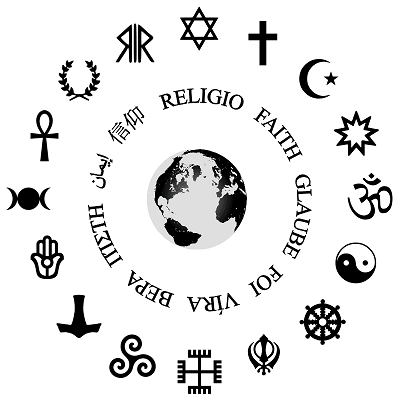 indoctrination in schools. Candidly, this is intended to target Muslims and establish Christian privilege, yet in her paranoia, Representative ButtÔÇÖs bill seems to disestablish Christian privilege up until grade 10.
indoctrination in schools. Candidly, this is intended to target Muslims and establish Christian privilege, yet in her paranoia, Representative ButtÔÇÖs bill seems to disestablish Christian privilege up until grade 10.
“I think that probably the teaching that is going on right now in seventh (and) eighth grade is not age appropriate,” Republican Rep. Sheila Butt, who proposed the bill, told The Tennessean. “(Students) are not able to discern a lot of times whether it’s indoctrination or whether they’re learning about what a religion teaches.”
We will emphasize the need for state neutrality while being critical of the latent prejudice. Further investigation is warranted by the secular community
Twenty-Four
The number of people that Bahrain has charged with trying to establish an Islamic State Affiliate.
Bahrain was swept by protests during the 2011 “Arab Spring” uprisings in which the Shi’ite majority demanded political reforms from the Sunni Muslim ruling family. Some Shi’ites faced accusations of militancy related to the unrest.
The new case was the first time Bahrain named the Sunni Islamic State in connection with alleged militancy inside the island kingdom, which hosts the U.S. Fifth Fleet as a bulwark against Shi’ite Iran across the Gulf.
Eight of the 24 accused have been arrested and the rest remain at large, according to a statement by Public Prosecutor Ahmed al-Hammadi. Other charges included weapons possession and conducting training in the use of explosives, it said.
See the full story at Reuters.
Courting The Religious Right In Presidential Campaigns
“It’s time for us to bring God back to our country,” said Ben Carson said to a crowd of Texan evangelicals, joining fellow GOP presidential hopefuls Ted Cruz, Jeb Bush, Carly Fiorina, Rick Santorum, and Mike Huckabee at an event at Dallas’ Prestonwood Baptist Church, known as a Megachurch because of its size. White evangelical Protestants remain an important part of the Republican base: more than one-third (36 percent) of Republicans identify as white evangelical Protestants, making it the largest religious tradition in the party.
ÔÇ£Religious liberty is under threat as never before in this country.ÔÇØ They cheered when he vowed he would ÔÇ£not surrenderÔÇØ on gay marriage and listened intently as he recounted his legal fights over religion as Texas solicitor general. ┬áÔÇ£My goodness, you know how to fire people up,ÔÇØ remarked Jack Graham, PrestonwoodÔÇÖs influential pastor, after Cruz was finished. ÔÇ£You could be a preacher.ÔÇØ
To see the full story of this Republican revival, visit Politico

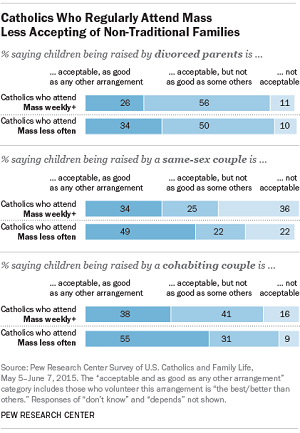 Recent controversy has surrounded the CampbellÔÇÖs Soup Company for their portrayal of same-sex parents in a new advertising campaign.┬á Many would view this as long overdue and progressive, even theists are beginning to come around.┬á According to a
Recent controversy has surrounded the CampbellÔÇÖs Soup Company for their portrayal of same-sex parents in a new advertising campaign.┬á Many would view this as long overdue and progressive, even theists are beginning to come around.┬á According to a 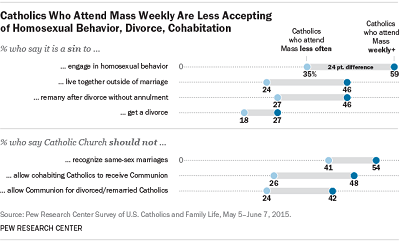 the cheesy Darth Vader impression (which some people might find endearing), but because of the ÔÇ£sinÔÇØ that is two people of the same gender raising a son in a fictitious commercial.
the cheesy Darth Vader impression (which some people might find endearing), but because of the ÔÇ£sinÔÇØ that is two people of the same gender raising a son in a fictitious commercial. SPI Fellow John McWhorter has two new articles centered on linguistics.┬á The first,
SPI Fellow John McWhorter has two new articles centered on linguistics.  The first, 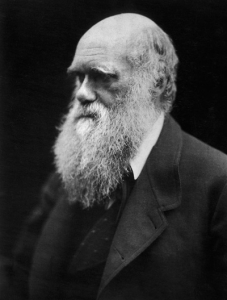 replies to an article from the New York Times with this very thesis.  The article,
replies to an article from the New York Times with this very thesis.  The article, 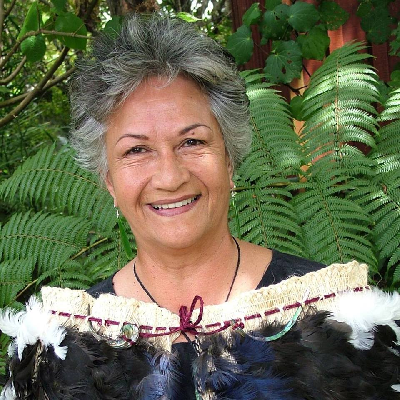 I am a life member, past president, and now Trustee of
I am a life member, past president, and now Trustee of   believed that karakia was always a prayer, so they took the word and reinterpreted it to mean Christian prayer. The word karakia then became just another tool of colonization.
┬ábelieved that karakia was always a prayer, so they took the word and┬áreinterpreted it to mean Christian prayer. The word karakia then became just┬áanother tool of colonization. See the NYT’s interactive data on┬áthe 158 families that have funded nearly half of the 2016 presidential election, using Monopoly pieces.┬á Who are these families?┬á The NYT pulls back the political curtain and exposes just who fuels the presidential campaign.┬á In a country being reshaped by the young, women and various ethnicities; who is funding the parties for the upcoming race?
See the NYT’s interactive data on┬áthe 158 families that have funded nearly half of the 2016 presidential election, using Monopoly pieces.┬á Who are these families?┬á The NYT pulls back the political curtain and exposes just who fuels the presidential campaign.┬á In a country being reshaped by the young, women and various ethnicities; who is funding the parties for the upcoming race? A day after the Taliban declared two Afghan TV stations legitimate ÔÇ£military targets,ÔÇØ the CountryÔÇÖs journalists issued their own threat: If you come after us, weÔÇÖll stop reporting on you.
A day after the Taliban declared two Afghan TV stations legitimate ÔÇ£military targets,ÔÇØ the CountryÔÇÖs journalists issued their own threat: If you come after us, weÔÇÖll stop reporting on you.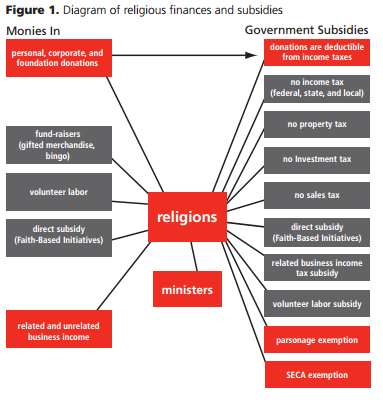 With all of the recent threat in the U.S. Legislative branch of another government shutdown, Congress is looking for ways to bring the budget into the black.┬á Republicans are insisting that defunding Planned Parenthood is a stellar way to do this.┬á Why?┬á Planned Parenthood is against their ideology.┬á They provide birth control, testing and yesÔǪabortions for those in need of them.┬á Last year, Planned Parenthood
With all of the recent threat in the U.S. Legislative branch of another government shutdown, Congress is looking for ways to bring the budget into the black.┬á Republicans are insisting that defunding Planned Parenthood is a stellar way to do this.┬á Why?┬á Planned Parenthood is against their ideology.┬á They provide birth control, testing and yesÔǪabortions for those in need of them.┬á Last year, Planned Parenthood 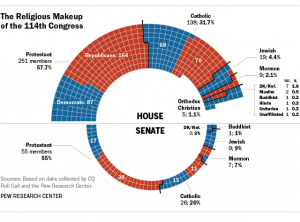 contraception, including surgical sterilization.┬á According to a Pew Forum survey, 31.7% of the House and 26% of the Senate are Catholic.┬á Catholics are an outspoken group opposed to contraception.┬á Looking at the numbers, one could draw the conclusion that conservatives pushing for the defunding of Planned Parenthood are attempting to legislate morality.
contraception, including surgical sterilization.┬á According to a Pew Forum survey, 31.7% of the House and 26% of the Senate are Catholic.┬á Catholics are an outspoken group opposed to contraception.┬á Looking at the numbers, one could draw the conclusion that conservatives pushing for the defunding of Planned Parenthood are attempting to legislate morality.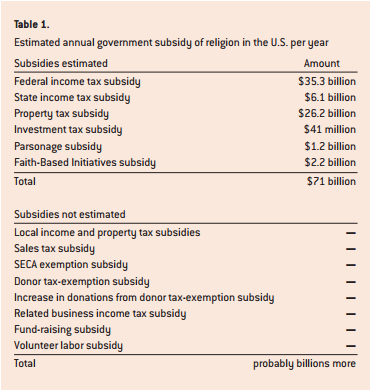 In contrast, when a pastor preaches a sermon or a priest performs a baptism, this is done out of obligation and is what these religious functionaries are paid to do. It is no more ÔÇ£charityÔÇØ than a doctor performing a surgery to save a life or a social worker intervening in an abusive family situation. If the people you are helping are paying you to help them, itÔÇÖs not charity; itÔÇÖs labor. You may like your job and feel that it offers value beyond what you receive in compensation, but that doesnÔÇÖt change the fundamental nature of the exchange taking place. In short, if someone is paid to address spiritual concerns, it is not charity when they do so.
In contrast, when a pastor preaches a sermon or a priest performs a baptism, this is done out of obligation and is what these religious functionaries are paid to do. It is no more ÔÇ£charityÔÇØ than a doctor performing a surgery to save a life or a social worker intervening in an abusive family situation. If the people you are helping are paying you to help them, itÔÇÖs not charity; itÔÇÖs labor. You may like your job and feel that it offers value beyond what you receive in compensation, but that doesnÔÇÖt change the fundamental nature of the exchange taking place. In short, if someone is paid to address spiritual concerns, it is not charity when they do so. With Stephenson, belief and faith are not required.┬á Eternal life could be yours! Well, not reallyÔǪbut there is big news happening with this movie-in-the-making. Not only has the movie,
With Stephenson, belief and faith are not required.┬á Eternal life could be yours! Well, not reallyÔǪbut there is big news happening with this movie-in-the-making. Not only has the movie, 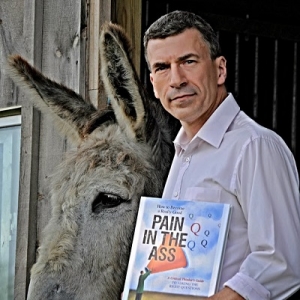 SPI Welcomes Dr. Christopher DiCarlo
SPI Welcomes Dr. Christopher DiCarlo a speaking engagement for reasons of conscience.  Should a private college be able to toss out students who lose their faith?  What about if they allow secular students? 
a speaking engagement for reasons of conscience.┬á Should a private college be able to toss out students who lose their faith?┬á What about if they allow secular students?┬á 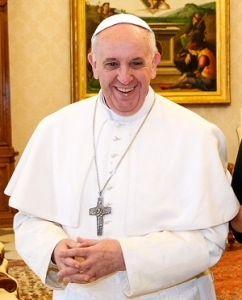 Pope FrancisÔÇÖ recently concluded tours of Cuba and the United States have been hailed as triumphs. Hundreds of millions, from staunch Roman Catholics to skeptical outsiders, followed his every move and listened to his message.
Pope FrancisÔÇÖ recently concluded tours of Cuba and the United States have been hailed as triumphs. Hundreds of millions, from staunch Roman Catholics to skeptical outsiders, followed his every move and listened to his message.